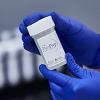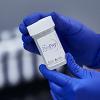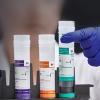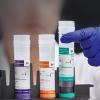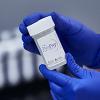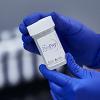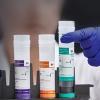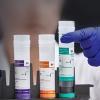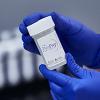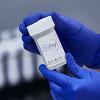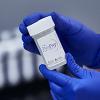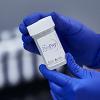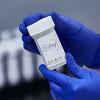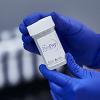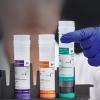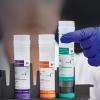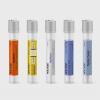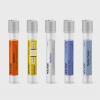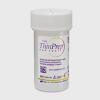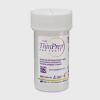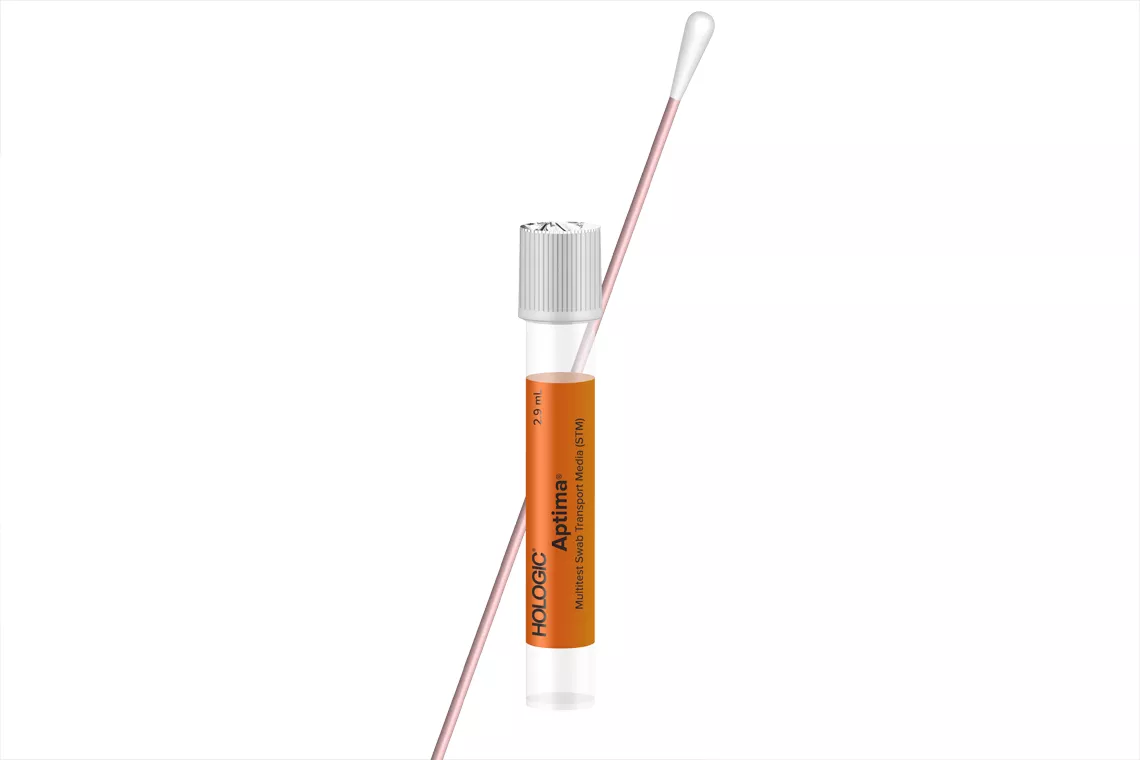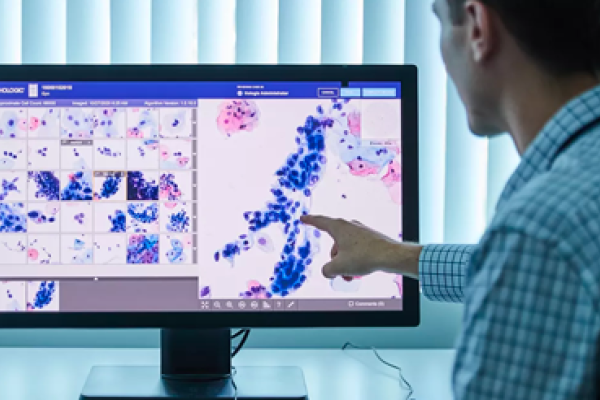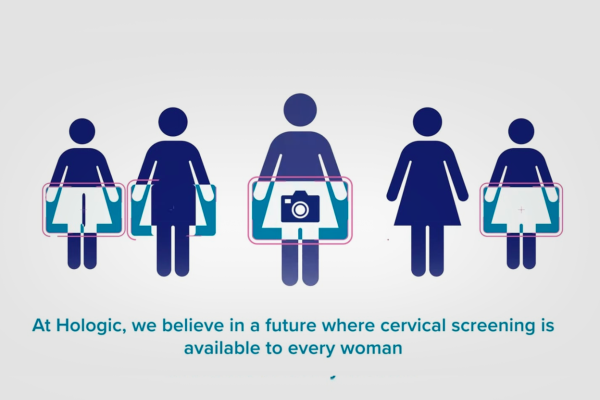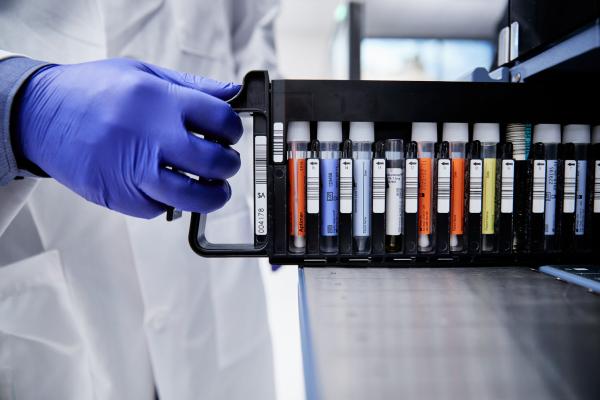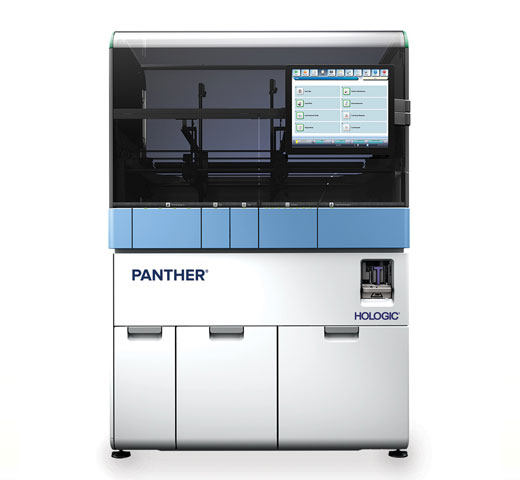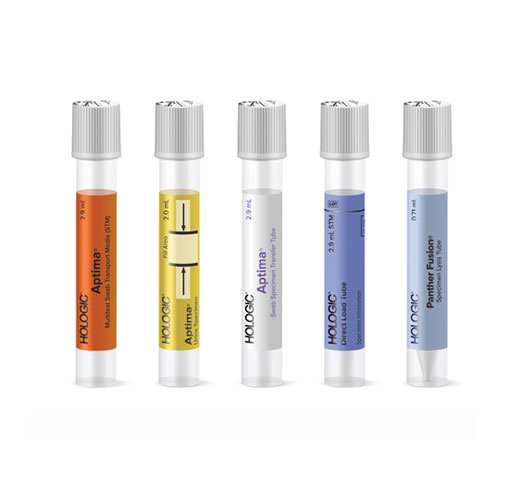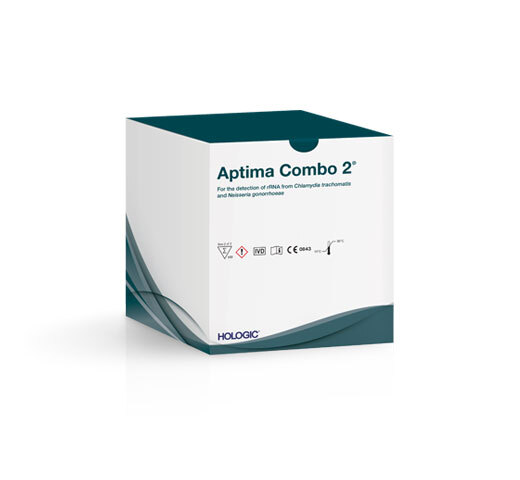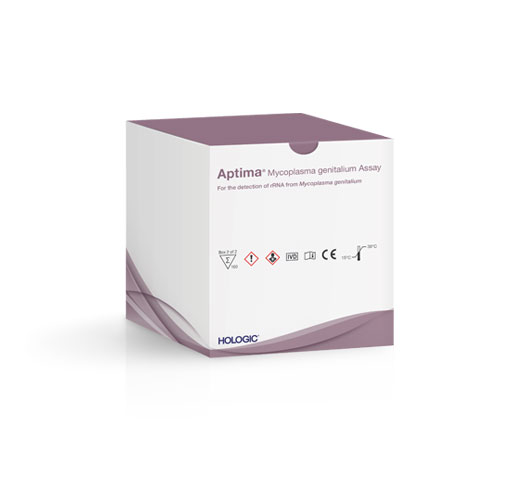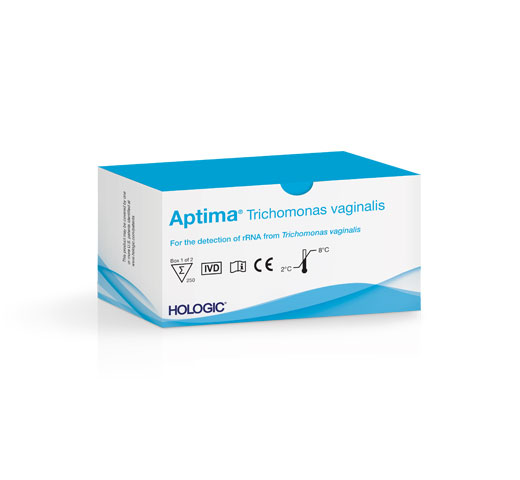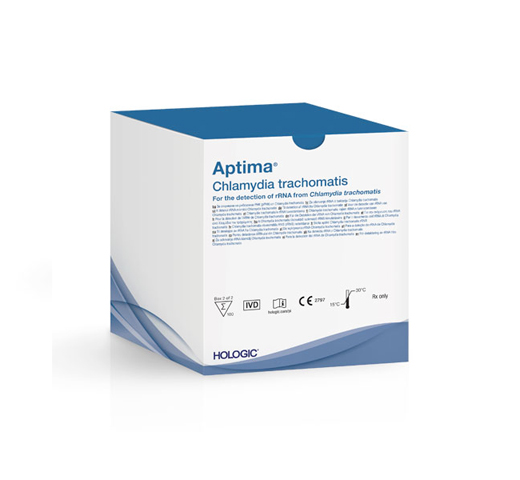Aptima® Herpes Simplex Viruses 1 & 2 Assay
Expand your testing capability with qualitative detection and differentiation of Herpes simplex viruses (HSV) 1 and 2.

Identify a Common Viral Threat
A Nucleic Acid Amplification Test (NAAT) is the preferred testing method for genital herpes diagnosis.1,2 Distinguishing between HSV 1 and 2 is recommended for all patients with first-episode genital herpes.3
Clarity & Confidence in Every Diagnosis
The Aptima HSV 1 & 2 Assay delivers high performance and reliable results from skin lesion swabs in the anogenital or oral region.
Molecular HSV Testing Matters
A molecular NAAT is 3-5 times more sensitive than a culture.4
An Important Distinction
The assay detects and differentiates HSV 1 and 2, as each type has a unique presentation that requires targeted treatment and management.3
Seamless Testing Integration
The Aptima HSV 1 &2 assay is an ideal complement to the growing list of assays on the fully automated Panther® System, providing customers with increased efficiency through platform consolidation.

Simplify & Scale the Future of Diagnostics
The Aptima HSV 1 & 2 Assay is part of Panther® Scalable Solutions, a portfolio combining a broad, high-performing assay menu with high-throughput automation. Designed to flexibly scale to meet your needs, from a single patient result to population level screening.
Proven Performance
Accurate detection and differentiation of HSV1 and HSV2.1
High sensitivity and specificity
in Anogenital and Oral lesions
Robust assay performance
in the presence of anti-viral medication
Aptima® specimen collection
in Viral Transport Media (VTM) and Multitest Swab Specimen Collection Kit
Aligned with Canadian STI Guidelines
"In symptomatic people, herpes is commonly diagnosed with viral identification techniques such as the Nucleic Acid Amplification Test (NAAT)".5
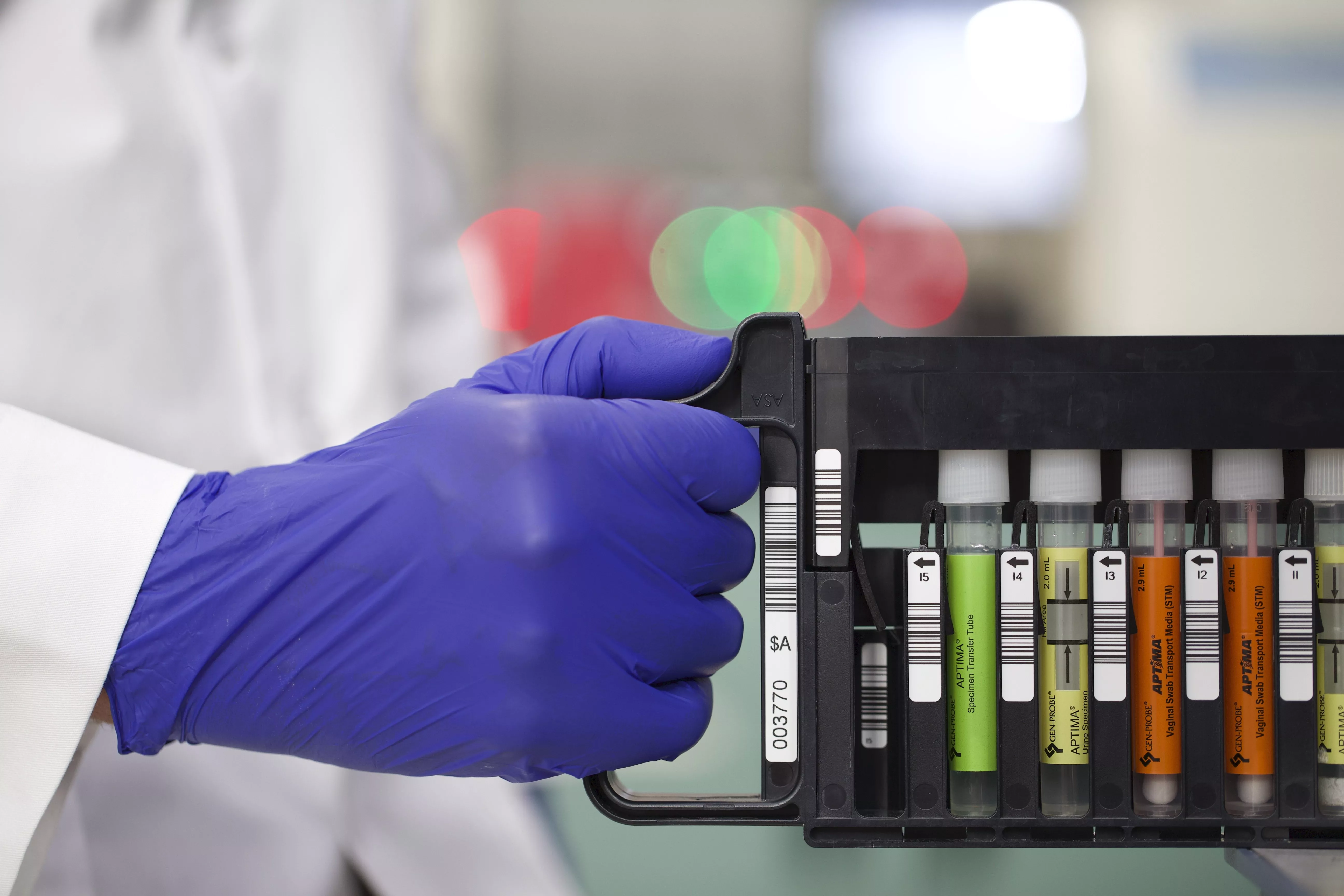
One Sample, Multiple STI Results
Clinically relevant sample type options make the Aptima HSV 1 & 2 Assay easy to order as a standalone or in combination with other assays from the automated Hologic STI Solution. Browse relevant collection devices below.
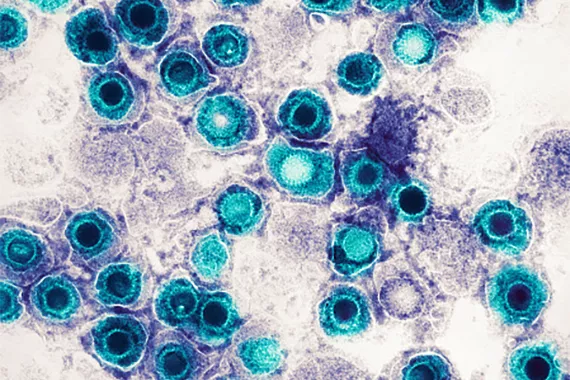
More Than 3.7 Billion Infected Globally⁶
Each type of HSV 1 or 2 has a unique presentation that requires targeted treatment.4 Diagnosing and distinguishing between HSV 1 and 2 is important because:
- Patients can prevent transmission to neonates and among sex partners6
- Providers can guide patient treatment and daily management7
- Patients with HSV 2 are 2-3 times higher risk for HIV-1 transmission and acquisition7-10
Evidence. Insight. Collaboration.
Our education portal improves patient care through excellence in education, communication of clinical and scientific evidence, and partnerships with the healthcare community.
Insights
- Aptima Herpes Simplex Viruses 1 & 2 Assay [package insert]. AW-15735-001 Rev.004. San Diego, CA; Hologic, Inc., 2019.
- WHO Global Health Sector Strategy on Sexually Transmitted Infections 2016–2021. Accessed August 16, 2022. https://apps.who.int/iris/bitstream/handle/10665/246296/WHO-RHR-16.09-eng.pdf?sequence=1.
- Patel R, Kennedy O, Clarke E, et al. 2017 European guidelines for the management of genital herpes. Int J STD AIDS. 2017Dec;28(14):1366-1379
- Hook EW. A new look at genital herpes: the critical role of the laboratory in diagnosis and management. MLO Med Lab Obs. 2012 Jul;44(7):8, 10, 12
- Canadian Guidelines on Sexually Tranmitted Infections. Available from https://www.canada.ca/en/public-health/services/infectious-diseases/sexual-health-sexually-transmitted-infections/canadian-guidelines/herpes-simplex-virus.html Accessed September 2024.
- World Health Organization. Herpes simplex virus. http://www.who.int/mediacentre/factsheets/fs400/en/. Reviewed January 2017. Accessed January 28, 2020.
- Freeman E, Weiss H, Glynn J, et al. Herpes simplex virus 2 infection increases HIV acquisition in men and women: systematic review and meta-analysis of longitudinal studies. AIDS. 2006;20(1):73-83.
- Sobngwi-Tambekou J, Taljaard D, Lissouba P, et al. Effect of HSV-2 se-rostatus on acquisition of HIV by young men: results of a longitudinal study in Orange Farm, South Africa. J Infect Dis. 2009;199(7):958-64.
- Glynn J, Caraël M, Auvert B, et al. Why do young women have a much higher prevalence of HIV than young men? A study in Kisumu, Kenya and Ndola, Zambia. AIDS. 2001 Aug;15 ( Suppl 4):S51–60.
- Ward H, and Rönn M. The contribution of STIs to the sexual transmission of HIV. Curr Opin HIV AIDS. 2010;5(4):305-10.doi:10.1097/COH.0b013e32833a884.





